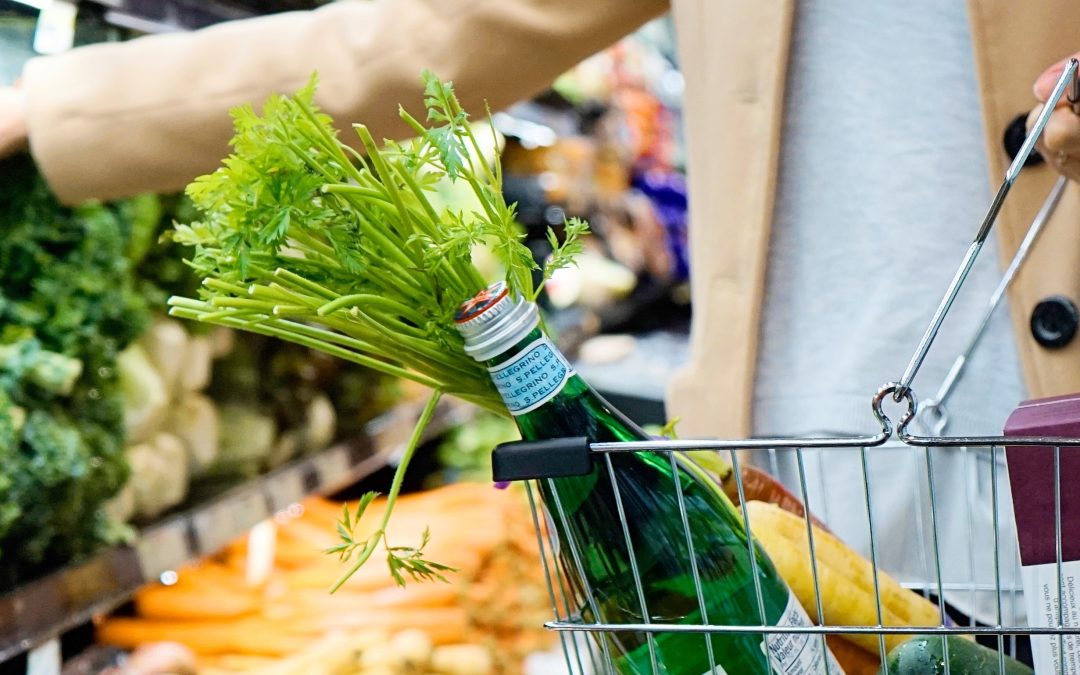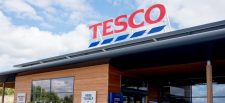The British Retail Consortium (BRC) has reported that food inflation remained at its lowest rate since November 2021 as shop prices fell into deflation.
Food inflation slowed to 1.9% in October, which BRC found was unchanged from the month before. This was below the 3-month average rate of 2.1%. BRC said the annual rate had eased in the category, with inflation remaining at its lowest rate since November 2021.
Fresh food inflation decelerated in October to 1%, down from 1.5% in September. This was below the 3-month average rate of 1.2%, and inflation hit its lowest since October 2021.
Ambient food inflation decelerated to 3.1% in October, down from 3.3% in September and below the 3-month average rate of 3.3%.
Helen Dickinson OBE, chief executive of the BRC, said: “October saw shop prices fall marginally further into deflation for the third consecutive month. Food inflation eased, particularly for meat, fish and tea as well as chocolate and sweets as retailers treated customers to spooky season deals.
“Households will welcome the continued easing of price inflation, but this downward trajectory is vulnerable to ongoing geopolitical tensions, the impact of climate change on food supplies, and costs from planned and trailed Government regulation. Retail is already paying more than its fair share of taxes compared to other industries.”
Mike Watkins, head of retailer and business insight, NielsenIQ, said: “Inflation in the food supply chain continues to ease and this helped slow the upward pressure of shop price inflation in October, however other cost pressures remain. Consumers remain uncertain about when and where to spend and with Christmas promotions now kicking in, competition for discretionary spend will intensify in both food and non-food retailing.”









